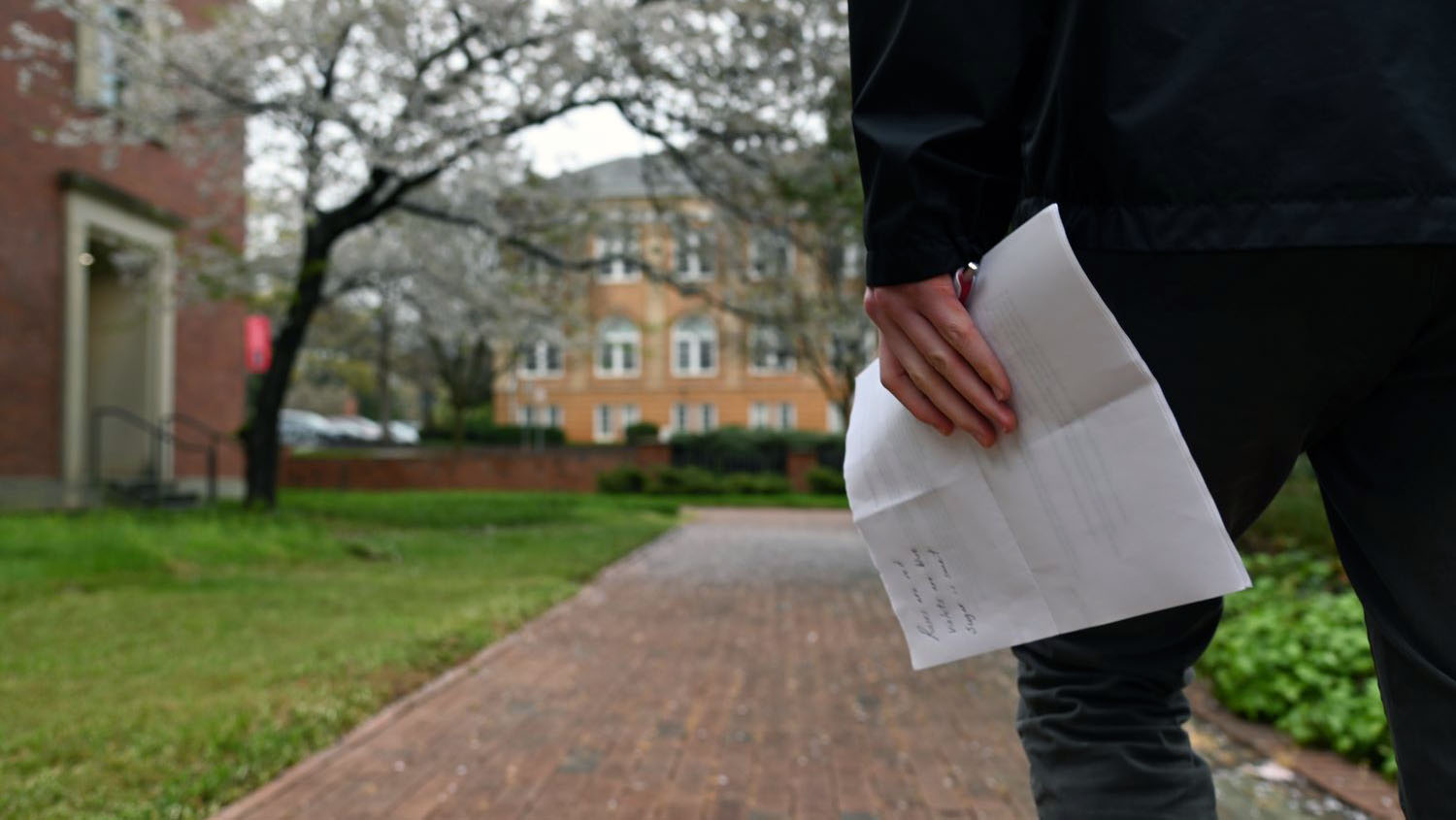Navigating Social Drinking

Editor’s Note: Earlier versions of this article appeared in our print magazine, Accolades, and online.
Research led by an NC State communication professor highlights the many ways that former problem drinkers navigate social-drinking situations.
“We found that former problem drinkers still want to be social, of course, but that they had to find ways to determine whether to disclose their nondrinking status to others,” said Lynsey Romo, lead author of a paper on the work and an assistant professor of communication. “Study participants said they felt the need to weigh how much they should tell other people. Essentially, they assessed the risk of being socially stigmatized if they were open about not drinking or about being in recovery.”
For the study, researchers interviewed former problem drinkers who had been sober for between one and 19 years. Many participants reported trying to avoid the issue altogether, either by “passing” as a drinker (holding a cup but not drinking) or by simply turning down offers of a drink without saying why.
If asked directly, some would make excuses for not drinking. Others would try to use humor to change the subject. Most participants said they make a point to stress that it’s OK for others to drink around them.
In addition, several interviewees said they participated in the study in order to educate or support others.
“The findings tell us that former problem drinkers can find it tricky to navigate social situations where alcohol is involved, and they make clear that it’s important to support those who aren’t drinking and not push nondrinkers to disclose their reasons for not having a drink,” Romo said.
- Categories:


